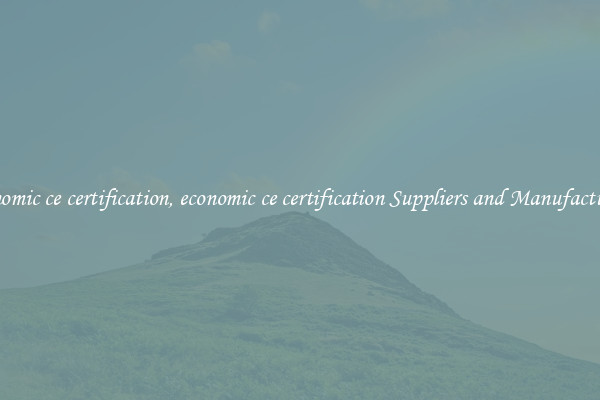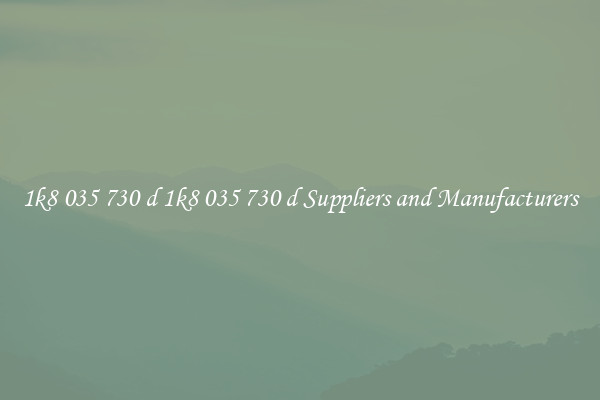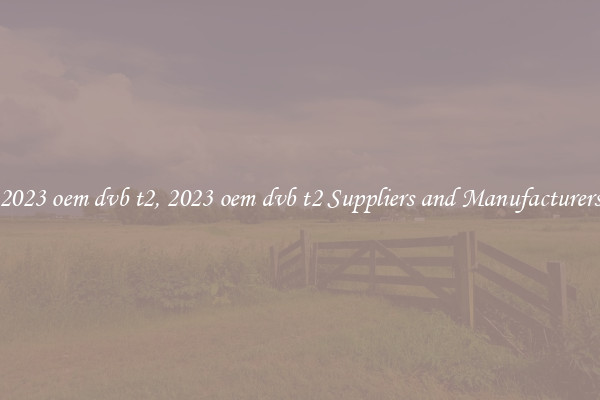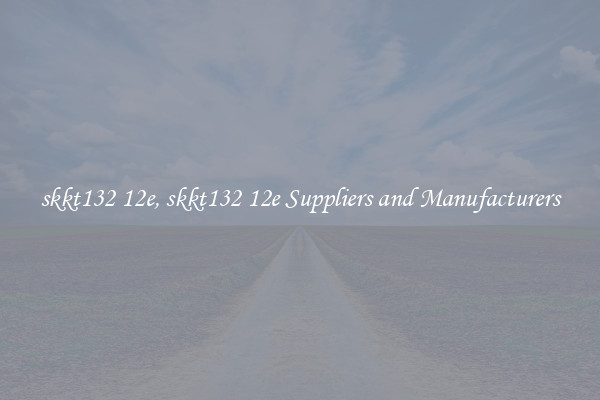economic ce certification, economic ce certification Suppliers and Manufacturers
Economic CE Certification: Ensuring Product Safety and Market Access

In today's global marketplace, ensuring product safety and conformity with relevant standards is crucial. One such certification that holds immense importance is the Economic CE Certification. CE stands for Conformité Européene, which translates to "European Conformity" in English. It is a mandatory certification for several product categories traded within the European Economic Area (EEA).
Economic CE Certification implies that the manufacturer has performed a conformity assessment on their product or system. It serves as proof that the product meets all the necessary safety, health, and environmental protection requirements set by the European Union (EU) legislation.
Numerous manufacturers and suppliers worldwide offer Economic CE Certification services. These entities provide the necessary expertise, knowledge, and resources to facilitate the certification process. They guide manufacturers through the complex requirements and ensure their products adhere to the relevant EU directives.
To obtain Economic CE Certification, manufacturers must demonstrate compliance with the applicable EU directives. These directives cover a wide range of product categories such as machinery, medical devices, toys, electrical equipment, construction products, personal protective equipment, and more. Each directive outlines the essential safety requirements that need to be addressed for certification.
Suppliers and manufacturers seeking Economic CE Certification must comply with the technical documentation requirements. This involves preparing detailed files that include design specifications, risk assessments, test reports, and user manuals. The certification process typically involves product testing, assessment of the technical documentation, and factory inspections.
Product safety is of utmost importance when targeting the European market. Economic CE Certification is indicative of a manufacturer's commitment to meeting these standards. It not only ensures the safety and well-being of consumers but also strengthens a company's reputation and provides a competitive advantage.
Moreover, Economic CE Certification fosters trade relationships and facilitates market access within the EEA. Without this certification, companies may face hurdles in exporting their products to European countries. The CE mark allows products to be traded freely within the EEA member states as it signifies compliance with the necessary EU requirements.
Suppliers and manufacturers can find a multitude of Economic CE Certification providers to assist them through the process. These organizations typically have the expertise and knowledge to address the complex regulatory landscape and facilitate the certification process. They work closely with manufacturers, guiding them through every step, and ensure their products meet the necessary safety standards.
In summary, Economic CE Certification plays a vital role in ensuring product safety, conformity with EU standards, and facilitating market access within the EEA. Manufacturers and suppliers can rely on certified experts to guide them through the certification process, ensuring their products meet all the necessary requirements. With Economic CE Certification, companies can confidently market their products while assuring consumers of their commitment to quality and safety.

View details

View details

View details

View details








